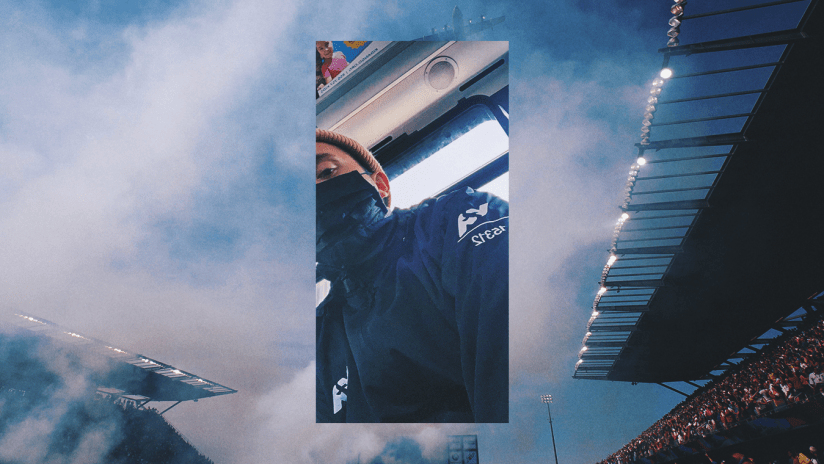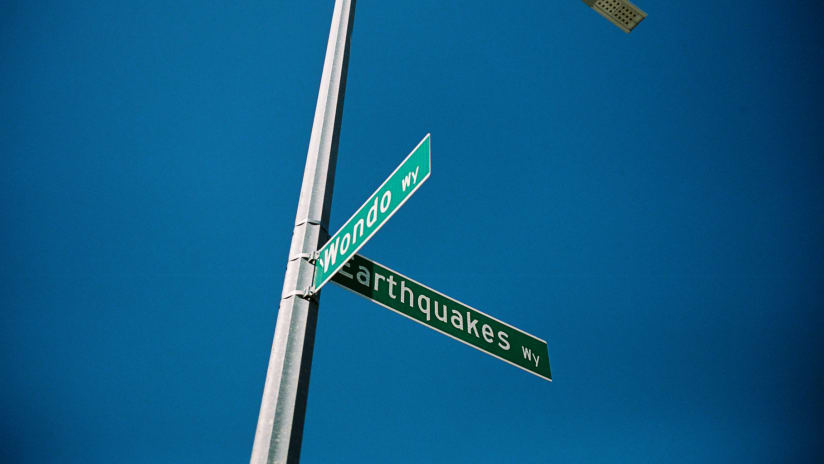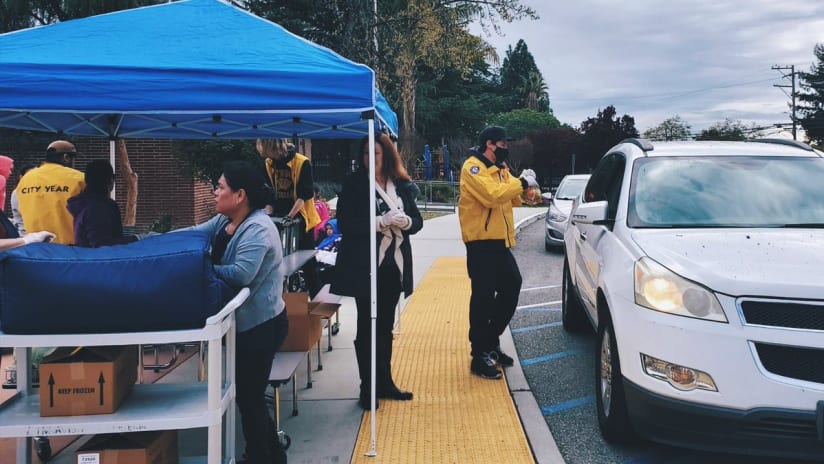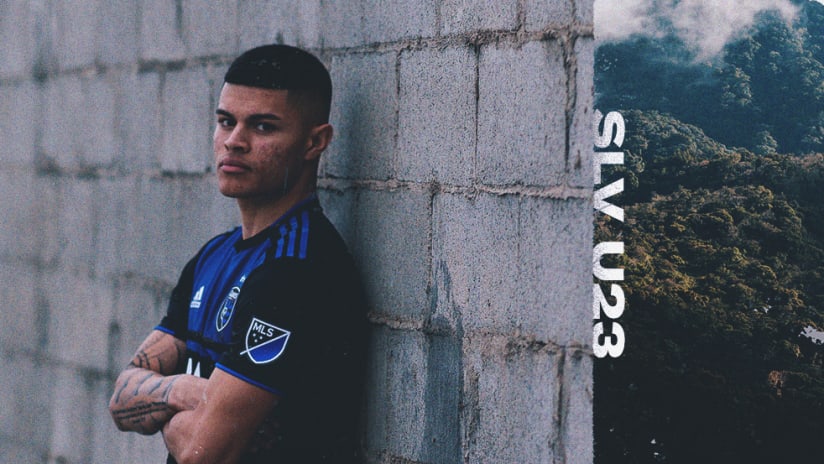While most American businesses are allowing their employees to work from home, essential workers are on the front line putting their lives at risk. We spoke to San Jose native and VTA coach operator Israel Hernandez about how the pandemic has affected his life at work.
SJEarthquakes.com: Tell us about yourself and what you do for work.
Israel Hernandez: “I’m a coach operator for VTA. I was born and raised in San Jose, California and my parents are from Guadalajara, Mexico. I did not see myself being in this profession originally. I’m a big soccer fan so I thought I’d go pro one day. I have two kids and I’ve been at VTA for a few years.”
SJEQ: What kind of effects has COVID-19 had on your job?
IH: “We’re on the front line so we don’t know who is affected and who isn’t. We’re worried about coming home and possibly infecting our families so we have to be really careful. We have a six-passenger load limit on our buses so it’s a bit tough because these people are paying to get to their jobs but we have to respect the social-distancing guidelines.
We have space in the front that is specifically for the elderly. They fit wheelchairs, etc. Everyone has to wear a mask and seeing no one in the front portion of the bus is strange because they have to distance themselves from the driver.”
SJEQ: What is your day-to-day look like at work during these times?
IH: “At 2 p.m., I assign the schedule for the next day whether it’s a new route or if I’m anticipating something different to happen. I can be sitting for a couple hours and then get a new piece of work but mainly we’re just trying to provide the best service we can.
The amount of people waiting at bus stops is crazy to me. Sometimes I’ll go through a whole trip and only pick up one person. Before all of this, I would normally get a whole bus filled with people.”
SJEQ: What has been the most challenging aspect of working under these new conditions? What have been the positives for you?
IH: “It’s difficult because I have two little ones at home and I don’t want to get them sick. It’s crazy because [COVID-19 is] quiet and you don’t know who has it so it can be as simple as me making the mistake of scratching my nose and then I have it. Besides that, it’s just been weird to see less people out.
The most challenging thing about work has been making the decision to let an extra person on board because they’re just trying to get home or go to work. If two people come in the back when I was only supposed to let one person in, [I ask myself,] do I let it slide or do I tell both people to get off in case something bad happens? A lot of people don’t like being told what to do so it’s been a difficult thing to do because they’ll fight you on it.
The biggest positive has been seeing how grateful our customers are for what we do and knowing we are essential. Honestly, this is the strongest I’ve seen this union. They’ve done everything to keep us safe and provide us with all the necessary equipment. So for me, the positive has been seeing everyone here get closer together.”




